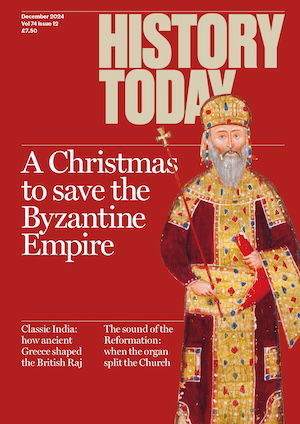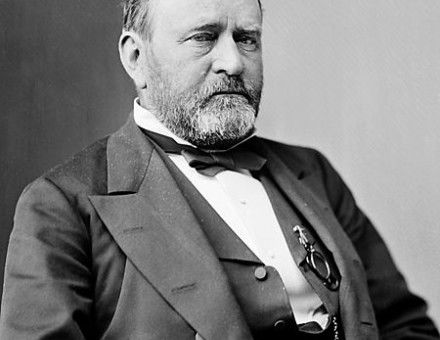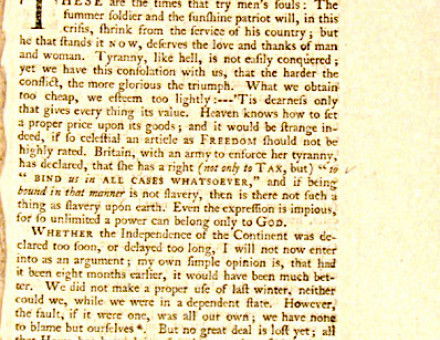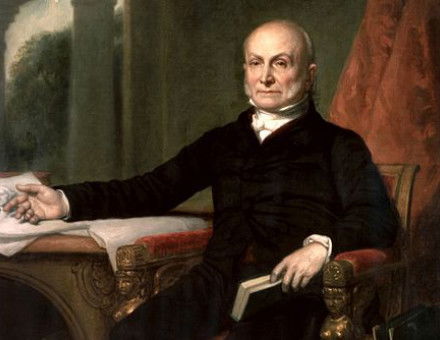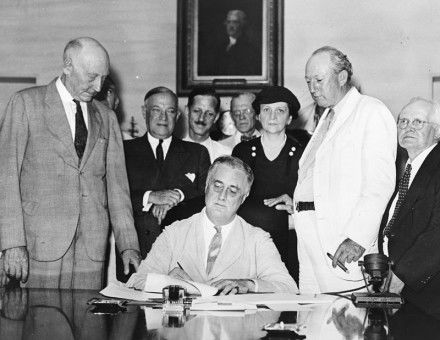America and the Americas
Breaking away from the limited perspectives of American history long prevalent in Britain, Alistair Hennessy contributes to a clearer understanding of historical processes which have too often been considered as unique to the United States.

